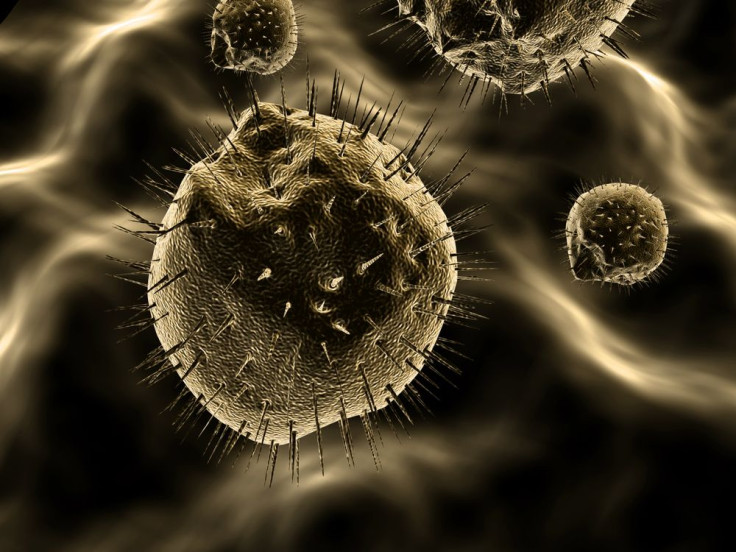New Drug Combination Causes Cancer To 'Eat' Itself, Could Soon Treat Multiple Cancer Types

Turning cancerous cells into cannibalistic cells may be an oncologists best bet for treating a wide variety of tumors. In a study from the Virginia Commonwealth University, researchers have determined that a new drug combination can cause cancer cells to “eat” themselves without harming surrounding tissue. The treatment was shown to be effective in cancers of the colon, liver, lung, breast, brain, and kidney.
Published in the journal Molecular Pharmacology, the study sought to determine whether a combination of the drugs sorafenib and regorafenib can combine with so-called PI3K/AKT inhibitors to achieve a broader, more pronounced effect. Co-author Andrew Poklepovic said in a press release that although further research is necessary, the current findings set the stage for a promising phase 1 clinical trial.
"It is still too premature to estimate when a clinical trial will open to further test this drug combination therapy, but we are now in the planning phase and encouraged by the results of these laboratory experiments," he told reporters. "We are also encouraged by the fact that the drugs used in this therapy are either already approved by the FDA to treat certain cancers or are currently being investigated in other clinical trials."
According to the researchers, sorafenib and regorafenib attacks the tumor growth by blocking the production of enzymes called kinases, which play a crucial role in the proliferation of cancerous cells. Essentially, the new drug combination broadens this effect by adding another class of kinases inhibitors called PI3K/AKT inhibitors. As a result, many cancer cells “starve,” and the tumor growth can no longer be sustained.
"We know that there are certain cellular processes that are frequently dysregulated in cancers and important to cell proliferation and survival, but if you shut down one, then cells can often compensate by relying on another," said senior author Paul Dent of the Virginia Commonwealth University Massey Cancer Center. "We are blocking several of these survival pathways, and the cancer cells are literally digesting themselves in an effort to stay alive."
The study represents the latest attempt to identify a new, reliable method of action for cancer drugs. In a similar research effort published earlier this year, scientists at Oregon State University described how a new type of nanotechnology can improve the efficacy of cytotoxic therapies by heating up cancerous cells. Hopefully, both studies will help oncologists and pharmaceutical researchers develop novel ways to treat the disease that currently kills over 500,000 Americans each year.
Source: G. B. Sajithlal, H. A. Hamed, N. Cruickshanks, L. Booth, S. Tavallai, J. Syed, S. Grant, A. Poklepovic, P. Dent.Sorafenib/Regorafenib and Phosphatidyl Inositol 3 Kinase/Thymoma Viral Proto-Oncogene Inhibition Interact to Kill Tumor Cells. Molecular Pharmacology, 2013.



























